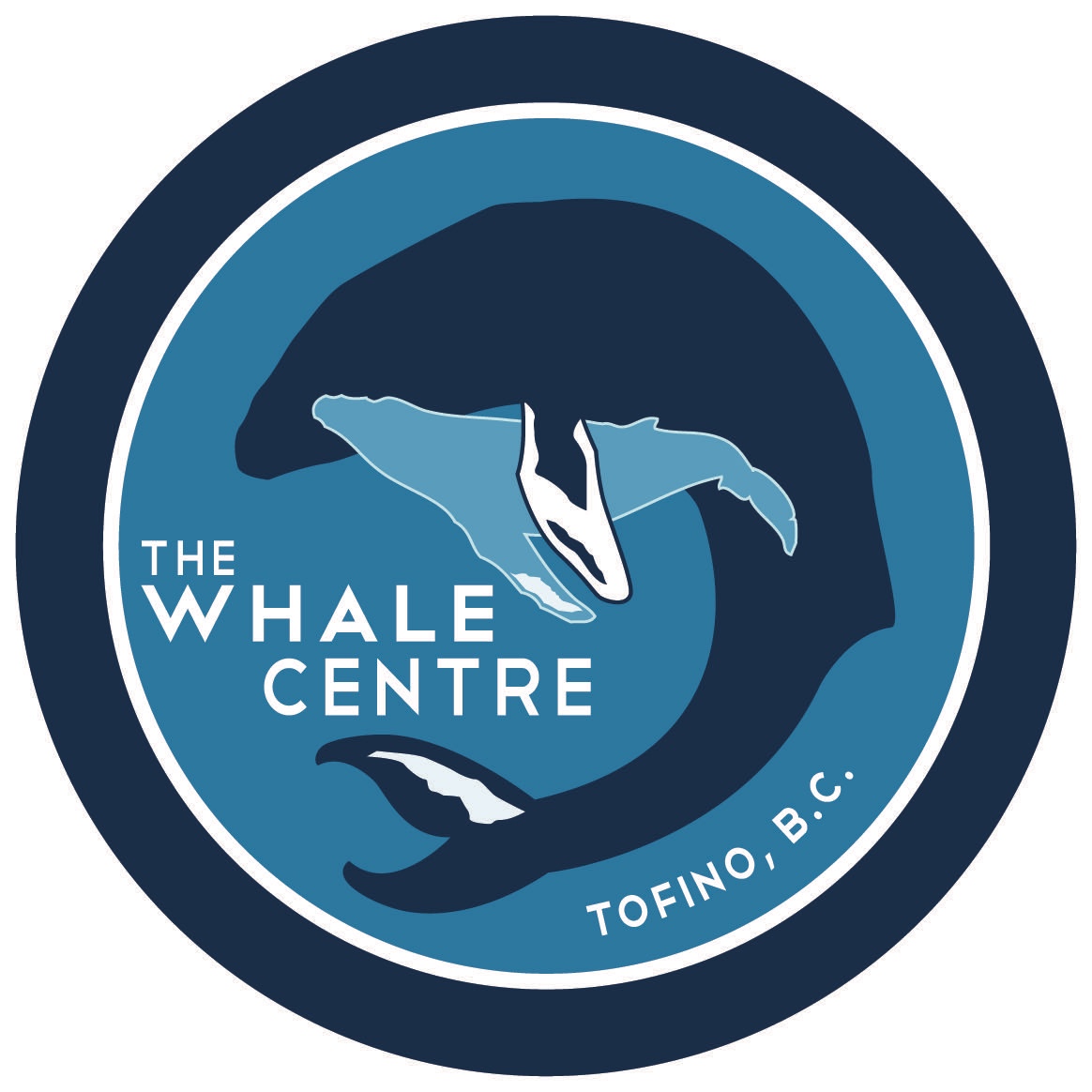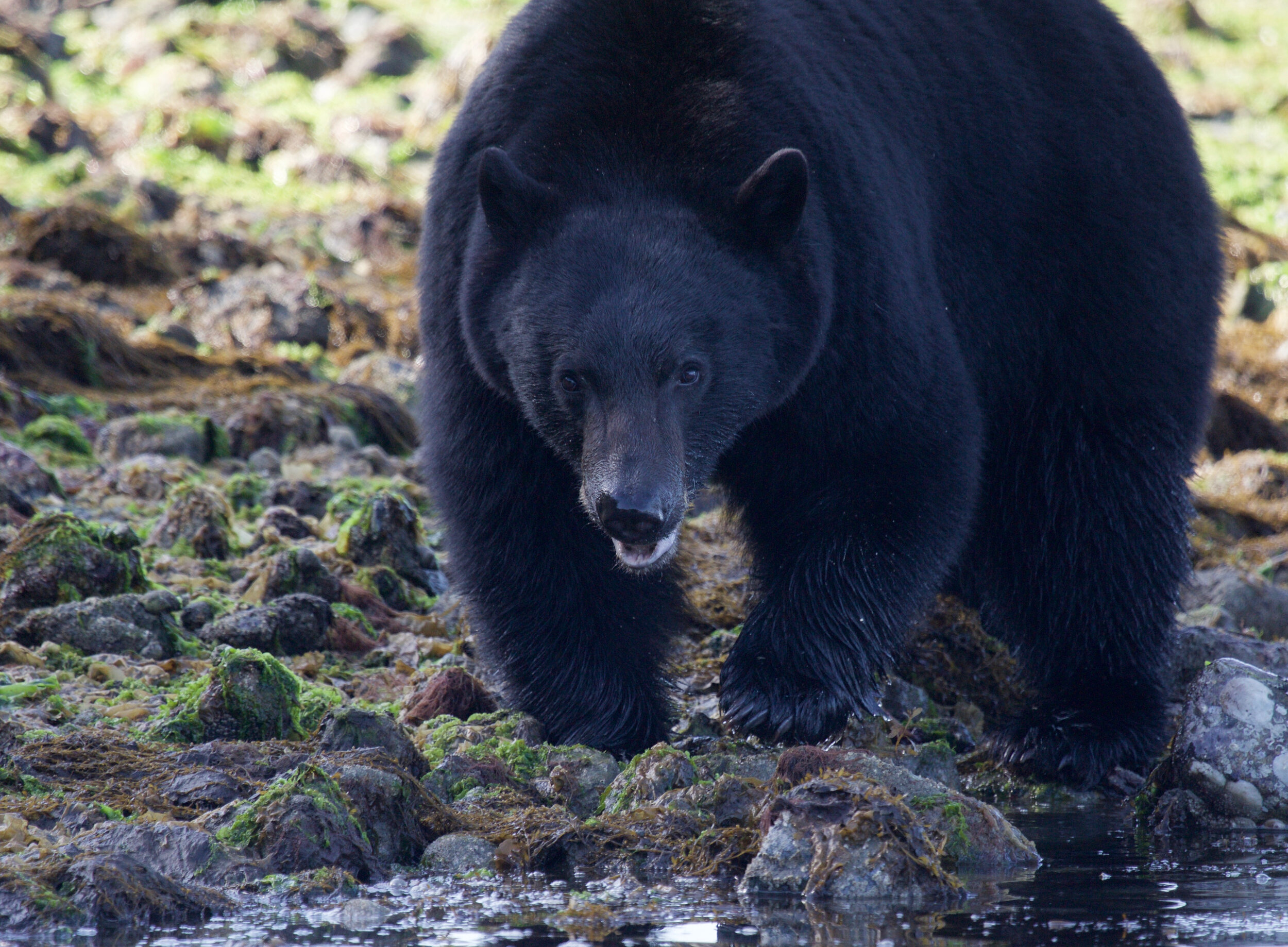BLACK BEARS ON VANCOUVER ISLAND
British Columbia is home to an estimated 120,000 black bears, with over 7,000 residing on Vancouver Island, making it one of the densest black bear populations in the world. The Vancouver Island black bear, one of six subspecies in the province, is slightly darker and larger than its mainland counterpart.
In Tofino, black bears can often be spotted on our Bear Watching Tours. These boat tours take guests about 20 minutes from Tofino Harbour to the secluded shores behind Meares Island. From the safety of the boat, guests can observe black bears foraging in their natural habitat at a respectful distance. Tofino Bear Watching Tours run daily during low tide, providing an unforgettable wildlife experience.
BLACK BEAR INFO:
FOOD
Black Bears are omnivorous even though they are classified as carnivores.
Most of their diet consists of vegetation though coastal bears will often eat sea life, overturning rocks to get their prey.
During the Fall the Black Bears head to the rivers to feast on salmon.
HIBERNATION
Bears go into a deep sleep or denning period, usually from November through to April.
Some black bears, usually males, may not hibernate if the weather is good and food is still abundant.
During the denning period, bears will not defecate or urinate.
Bears lose approximately 30% of their weight over the winter.
REPRODUCTION
Females usually reach maturity starting at four years and then breed every two to three years.
It is most common to have two offspring but that number can
vary from one to five.Mating usually happens from early June to mid July.
CUBS
Young black bears are called cubs.
Cubs are between 2-5 kilograms in size when they leave the den in late April.
In Tofino we start to see the Black Bear Cubs in May on our Bear Watching Tours.
MORE FACTS
Adult black bears have few predators in the wild: grizzly bears and wolves are about the only animals that will attempt to kill a full grown black bear.
Bears have a sense of smell far greater than that of dogs and it is this sense of smell that helps them locate food at great distances.



